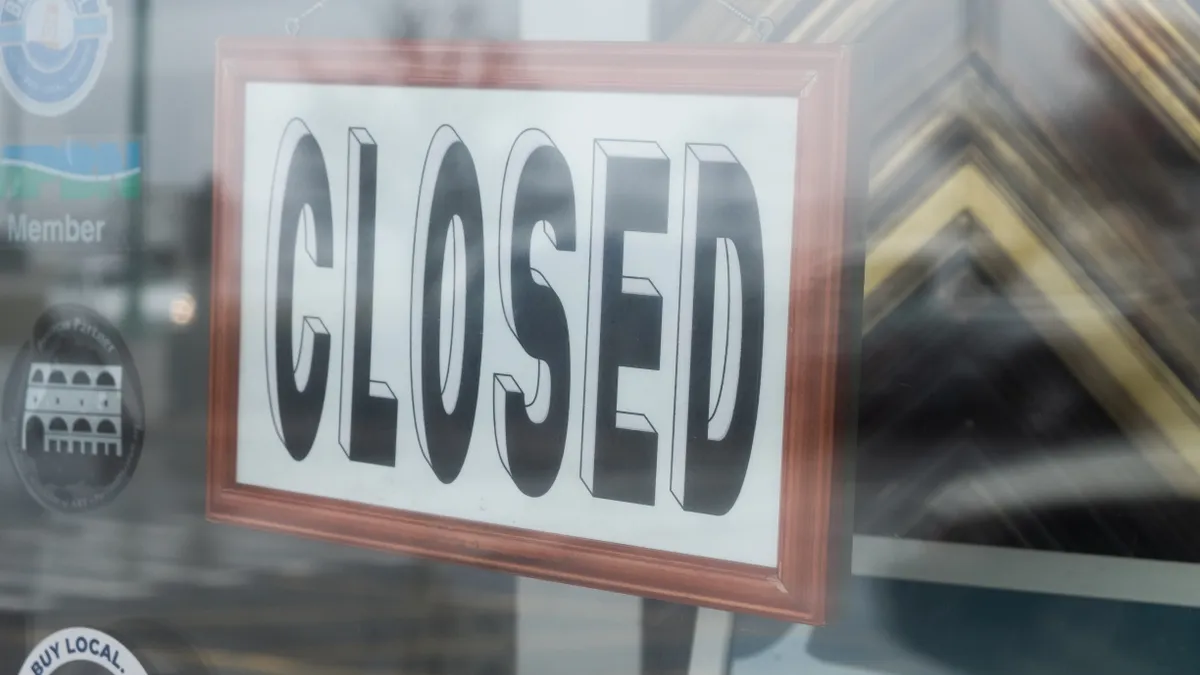Dive Brief:
- Various states are asking for workers' help in reporting employers that are not complying with shutdown orders.
- The New York Attorney General's office recently asked employees to get in touch if they believed their employers were violating either existing labor laws or recently issued New York State executive orders, which includes Governor Andrew Cuomo's shutdown order and other coronavirus-related directives.
- Kansas City, Missouri is also encouraging employees to report sick individuals at their workplace to the state's Health Division, and to report non-essential businesses that are forcing employees to work. Similarly, Oregon workers who believe their employers are failing to heed coronavirus-related guidance are encouraged to submit complaints to the state Occupational Safety and Health division, according to reporting by The Oregonian.
Dive Insight:
States are enlisting workers' help in reporting violations both from a public health perspective and also from a workplace safety perspective.
The federal government has issued warnings regarding worker safety, too. The Occupational Safety and Health Administration has released Guidance on Preparing Workplaces for COVID-19, which provides strategies for preventing the spread of illness and includes information on safe work practices.
Additionally, for the duration of the COVID-19 pandemic, employers covered by the Americans with Disabilities Act may measure employees' body temperature, even though it is a medical exam, according to the U.S. Equal Employment Opportunity Commission (EEOC). The guidance comes from an EEOC statement updated March 19 that directs employers to a publication written during the H1N1 outbreak, and the EEOC reiterated this position in a recent webinar.
It's also important to remember that even during a worldwide medical crisis, state and federal anti-bias laws remain in effect. While employers can and should follow guidelines issued by the Centers for Disease Control and Prevention and state and local public health authorities, employees cannot be singled out or discriminated against on the basis of race, national origin, religion or other protected characteristics.














